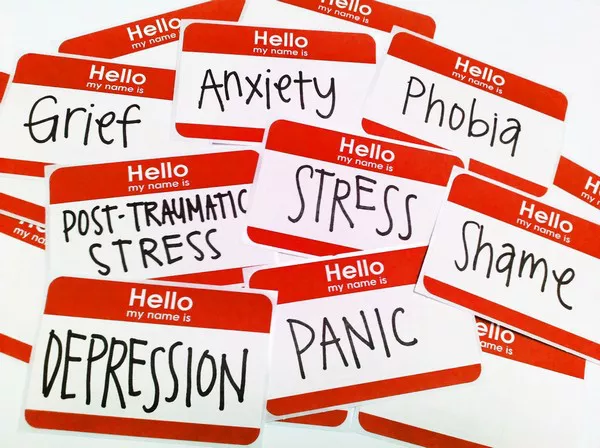World Mental Health Day is a globally recognized event that aims to raise awareness about mental health, reduce stigma, and promote understanding and support for those affected by mental health conditions. Held annually on October 10th, this day provides an opportunity to highlight the importance of mental well-being and advocate for improved mental healthcare services. In this article, we will explore the significance of World Mental Health Day, its objectives, and the role it plays in driving positive change in society. By understanding the purpose and impact of this important day, we can contribute to creating a more compassionate and supportive world for individuals living with mental health challenges.
The History of World Mental Health Day
World Mental Health Day was first observed in 1992, initiated by the World Federation for Mental Health (WFMH) and supported by the World Health Organization (WHO). The event was established to promote global mental health advocacy and education, as well as to mobilize efforts to address the growing mental health concerns worldwide. Since its inception, World Mental Health Day has gained significant recognition and has become an integral part of the mental health calendar.
Objectives of World Mental Health Day
The primary objectives of World Mental Health Day include raising awareness about mental health issues, promoting mental health literacy, reducing stigma and discrimination, and advocating for increased access to mental healthcare services. The day serves as a platform to encourage open conversations, share information and resources, and mobilize individuals, communities, and organizations to prioritize mental well-being.
Highlighting Mental Health Challenges
Each year, World Mental Health Day focuses on a specific theme that highlights a particular aspect of mental health. Themes may include depression, anxiety, suicide prevention, youth mental health, or the impact of traumatic events. By focusing on specific challenges, World Mental Health Day provides an opportunity to deepen understanding and generate targeted efforts to address the identified issues.
Raising Awareness and Reducing Stigma
One of the fundamental goals of World Mental Health Day is to raise awareness and reduce the stigma associated with mental health conditions. Stigma often leads to discrimination, social exclusion, and a reluctance to seek help. Through education, community events, and media campaigns, World Mental Health Day strives to challenge misconceptions, promote empathy, and foster a more inclusive and supportive environment for individuals living with mental health challenges.
Advocating for Policy and Systemic Change
World Mental Health Day serves as a platform to advocate for policy and systemic changes in mental healthcare. It aims to influence governments, healthcare providers, and stakeholders to prioritize mental health in their agendas and allocate resources to improve mental health services. The day encourages the development of comprehensive mental health policies, the integration of mental health into primary healthcare systems, and the expansion of mental health promotion and prevention initiatives.
Community Engagement and Support
World Mental Health Day encourages community engagement and fosters support networks for individuals affected by mental health conditions. It provides an opportunity for organizations, communities, and individuals to organize events such as mental health forums, workshops, art exhibitions, and awareness campaigns. These activities facilitate dialogue, share personal stories, provide information, and offer support to those in need.
Promoting Mental Health in the Workplace
Workplace mental health is a crucial aspect of overall well-being. World Mental Health Day emphasizes the importance of promoting mental health in the workplace and encourages employers to create supportive environments. By implementing mental health policies, providing resources and support, and fostering a culture of understanding, organizations can contribute to the well-being and productivity of their employees.
Taking Action: Individual and Collective Responsibility
World Mental Health Day calls for action at both the individual and collective levels. It emphasizes the responsibility we all share in supporting mental well-being. Individuals are encouraged to prioritize their mental health, seek help when needed, and promote mental well-being within their communities. Governments, organizations, and society as a whole are urged to prioritize mental health, advocate for policy changes, and allocate resources to ensure accessible and quality mental healthcare services for all.
Conclusion
World Mental Health Day plays a significant role in promoting awareness, advocacy, and support for mental well-being. By focusing on raising awareness, reducing stigma, advocating for policy changes, and fostering community support, this annual event creates opportunities for positive change. As individuals and communities come together to prioritize mental health, we can build a more compassionate and inclusive society that supports the well-being of all its members. World Mental Health Day serves as a reminder that mental health is an essential part of overall well-being, and it calls us to take action in creating a world where mental health is valued, understood, and supported.


